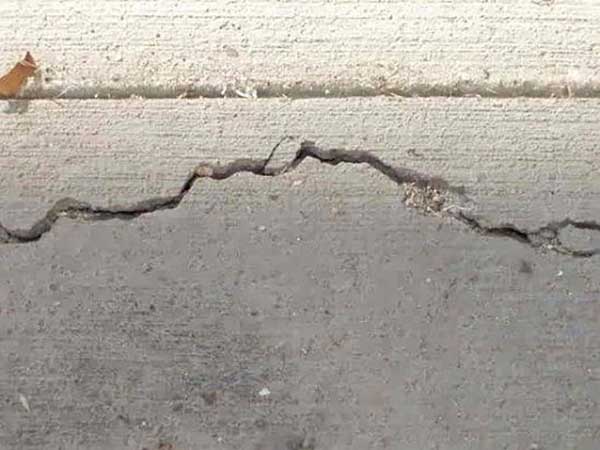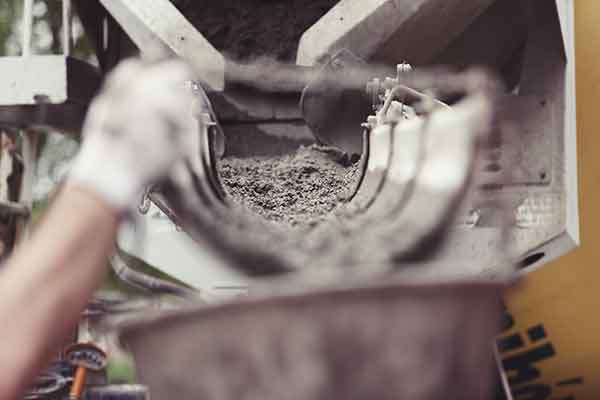Colorado, Concrete and Cracking
Here at OnePRO Services, we see it all too often. That beautifully laid slab of concrete… CRACKS?!
As hard as it is to see, concrete cracking is a very common occurrence.

But Why Does Concrete Crack?
Concrete Stress During Hardening
As concrete hardens, which is caused by the cement and water forming bonds, some of that water escapes through evaporation. This reduces the size of the concrete slab, and since concrete is a very hard, tightly bound substance, this loss of material creates stress. This stress can lead to cracks in the concrete.
Freeze-Thaw Damage
In the winter, as the water in the concrete freezes, it expands and then thaws as temperatures fluctuate. This process stresses the concrete and can cause cracking. The result of the repeated freeze-thaw cycles can cause surface spalling, or flaking, and widen cracks. Often this is not noticed until the spring.
Thermal Cracking & Excessive Temperatures
In the spring and or summer, thermal cracking occurs due to excessive temperature differences within a concrete structure or its surroundings. The temperature difference causes the cooler portion to contract more than the warmer portion, which restrains the contraction.
Ok, Are There Ways to Reduce Concrete Cracking?
As you can tell, Colorado offers ripe conditions, virtually year-round, for concrete cracking. There are many precautions that can be taken at concrete pour to help reduce the amount of cracking later in the concrete’s life span.
OnePRO Services utilizes the following:
- Keep an Eye on the Temperature –
We will not pour on surfaces less than 35 degrees Fahrenheit. - Prevent Excess Water –
Control measures are taken to prevent differential volume changes in the concrete. - Brace Formwork –
Ensure that the brace formwork can withstand the pressure of the concrete without movement. - Formed Joints –
Ensure proper control joint spacing for flatwork in addition to walls of any thickness. - Sufficient Concrete Cover –
For concrete in permanent contact with the ground should be at least 4 inches thick. - Quickly Cure the Concrete –
A longer curing period may be needed in cold weather to reduce cracking.

Repairing Cracked or Damaged Concrete
If the all too inevitable happens, and your concrete cracks, even with the utmost precautions taken, OnePRO Services is fully equipped to repair concrete. Wide cracks in concrete are best patched and sealed with a concrete patching compound. Smaller cracks, less than ¼ inch wide, can be repaired with a concrete caulk or liquid filler. It is important to understand that pouring concrete over cracked concrete, will not ultimately end well.
If, ultimately, you seek a full demo of current concrete and a brand new pour done, OnePRO Services has you covered there as well. We specialize in driveways, sidewalks, stamped concrete patios, curb and gutter, and MORE!
We are one click, text or call away! For a free quote contact OnePRO Services today!
